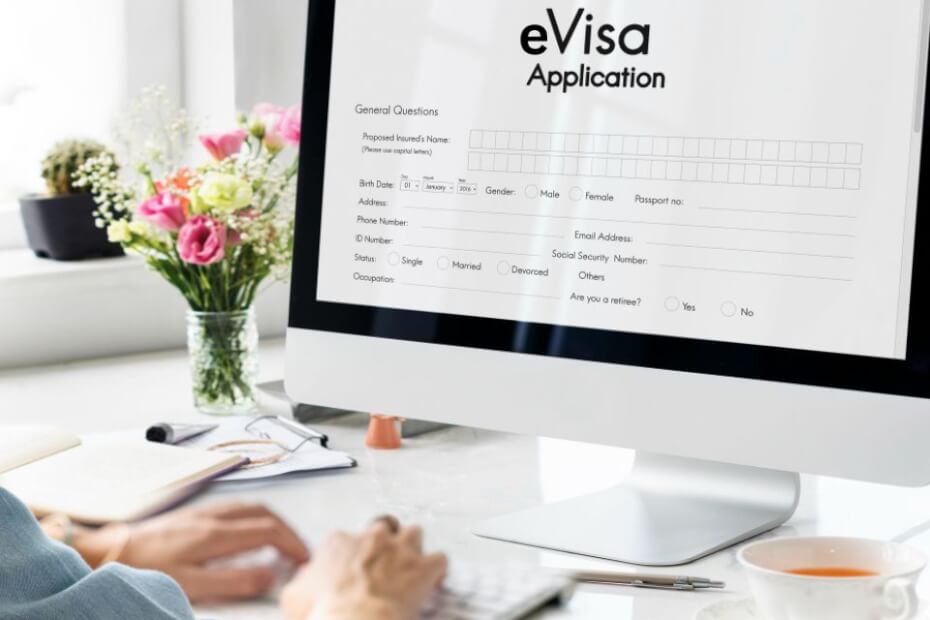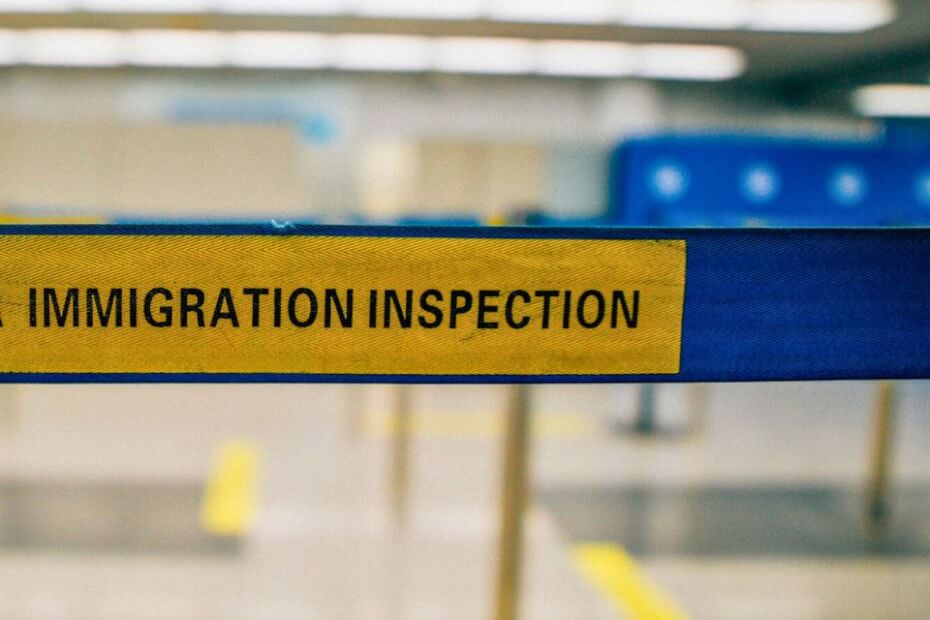
The United Kingdom (UK) Home Office is taking significant steps to ensure employers are ready for the upcoming eVisa transition.
An eVisa is a digital record of a person’s immigration status, accessible through an online UK Visas & Immigration (UKVI) account.
It will replace physical documents like Biometric Residence Permits (BRPs), passport wet ink stamps, and vignettes.
Instead, visa holders will manage their status online, which is expected to simplify the verification process for employers and employees.
In August 2024, the Home Office started reaching out to employers with sponsor licenses via email.
The email provided essential information on how this change will affect their business and workforce and how they should prepare.
According to the Home Office, “Almost all new visa applicants from autumn 2024 will be issued an eVisa.”
Those still using physical documents must set up a UKVI account to access their eVisa.
Impact of eVisa transition on employers
This eVisa transition will require employers to change how they verify the immigration status of their employees.
The Home Office recommends using the online right-to-work service, which involves employees providing a share code to their employer.
This code is used to verify their right to work in the UK through the eVisa system.
However, the Home Office reassures employers that physical documents will remain valid until 31 December 2024.
The resources on the eVisa transition include an eVisa Partner Pack.
This pack contains “model emails, factsheets, and guides aimed at helping employers communicate these changes to their employees.”
Employees should create a UKVI account

Employees who rely on physical documents like BRPs must create a UKVI account to access their eVisa.
The Home Office has set up a dedicated eVisa transition webpage with detailed instructions on creating a UKVI account.
It also includes instructions about managing their immigration status online.
In April, the Home Office started contacting those with BRPs to invite them to create a UKVI account.
Starting in August, all BRP holders can now create a UKVI account without an invitation from the Home Office.
Shara Pledger, a corporate immigration specialist at Pinsent Masons, emphasized that employers should encourage employees’ compliance.
Although individuals are ultimately responsible for their eVisa transition, employers have a crucial role in ensuring right-to-work checks are consistently updated.
Benefits and challenges of eVisas for employers
The switch to eVisas promises benefits such as reduced paperwork and greater convenience.
However, it also presents challenges, especially for employers with large, diverse workforces.
Employers should plan carefully to ensure compliance with immigration rules and to avoid disruptions to their operations.
The Home Office has made several eVIsa transition resources available online to assist employers.
This includes “guidance videos and detailed information on how to manage digital immigration status records.”
Employers are also encouraged to stay updated by bookmarking key web pages to access the latest information.
Advocates raise concerns about the eVisa transition

The eVisa transition has sparked concerns among migrant advocates, particularly regarding the tight timeline for implementation.
The Home Office aims to complete the eVisa transition by the end of 2024, which is less than five months from now.
Many affected individuals feel the timeline is rushed, leaving little room for unforeseen challenges.
Additionally, there have been reports of technical issues with the UKVI platform, which could complicate the transition.
Both employers and employees are concerned that these problems might lead to difficulties verifying immigration statuses.
Not being able to prove their UK immigration status means not being able to demonstrate their right to stay, rent, or claim public funds.
This will be especially troublesome for those who have yet to switch to an eVisa and are unaware of the policy change.
Many advocates fear that vulnerable groups will only discover the eVisa transition when they are unable to prove their immigration status.
This could be when they cannot get back to the UK after a trip abroad or when they cannot access their benefits, such as healthcare.
Many are also worried about the potential impact on those who do not have access to the Internet or might struggle with the digital shift.
Recommendations for a smooth eVisa transition
The UK’s eVisa transition represents a significant shift in how immigration status is managed and verified.
Advocates have urged the Home Office to focus on the eVisa transition and adjust the timeline.
This will ensure that millions of individuals with UK immigration status can effectively switch to eVisa.
Some also suggested having a digital barcode, a technology other countries already use, to supplement eVisas.
This would be handy for those who are not techy, and in case the UKVI platform fails.
Experts advise employers to encourage their staff to set up their eVisa accounts as soon as possible and to keep their UKVI records updated.
Migrants who are traveling in early 2025 need to carry alternative evidence of their UK immigration status, like Home Office decision emails.
Both employers and employees need to be proactive in preparing for these changes.

